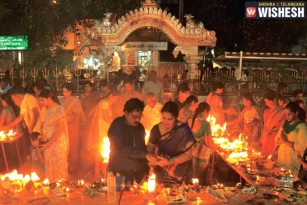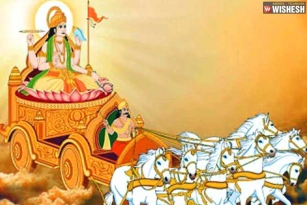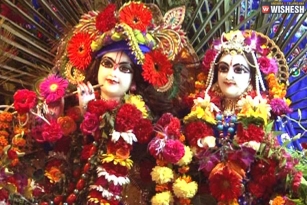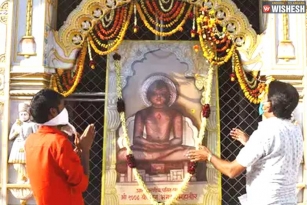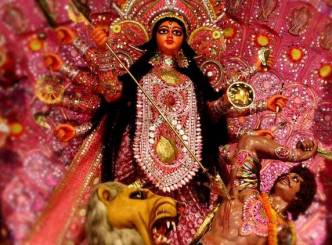
Navaratri, the name itself indicates that, it is celebrated for nine days, in dedication to goddess Durga, who is believed to be the combination of goddesses, Laxmi, Parvati and Saraswati, who are further called as ‘Trinity’.
Three days are allocated to each goddess and thus all the three goddesses are worshipped in nine days. Here are the nine lessons, from the nine nights of Navaratri celebrations.
Navaratri first 3 days: Removes negativity
During the first three days, Goddess Durga is worshipped in her terrifying, destructive and powerful form. In these three days, it is believed that, the goddess removes the negativity in the devotees, who pray her.
Navaratri: Prosperity form
In the next three days, Goddess Laxmi is worshipped, who is considered as the symbol of prosperity. As said above, in the first three days, we pray to remove the negative attitude and in the next three days, we pray for the positive attitude. Devotees pray for inculcating the positive nature towards the people.
Navaratri: Saraswati for knowledge
Then comes, Saraswati, the identity of knowledge. On the fifth, seventh and eighth days of Navaratri, devotees pray for good knowledge. Upon removing the negative attitude and gaining the positive attitude, it is then, we have to pray for the knowledge. Goddess Saraswati bestows the shakti (energy) to the devotees so that they can attain knowledge.
Importance of women in Navaratri celebrations
As Navaratri is the festival of the Goddess, many females have always been at the top in mythology. On the eighth day of Navaratri, Kanya Pooja is performed, where nine young girls are considered as the nine forms of Durga and worshipped as goddesses. The devotees wash the nine girls feet, offer them new clothes and perform other rituals.
The Hindu Vedas states that, we are currently living in the Kali Yuga stage of the cycle of Creation. It is treated as the darkest and the most miserable of times that the human race has ever gone through. So to come out of it safe, one should have a good respect over the devotion and perform it regularly.
By Phani Ch


